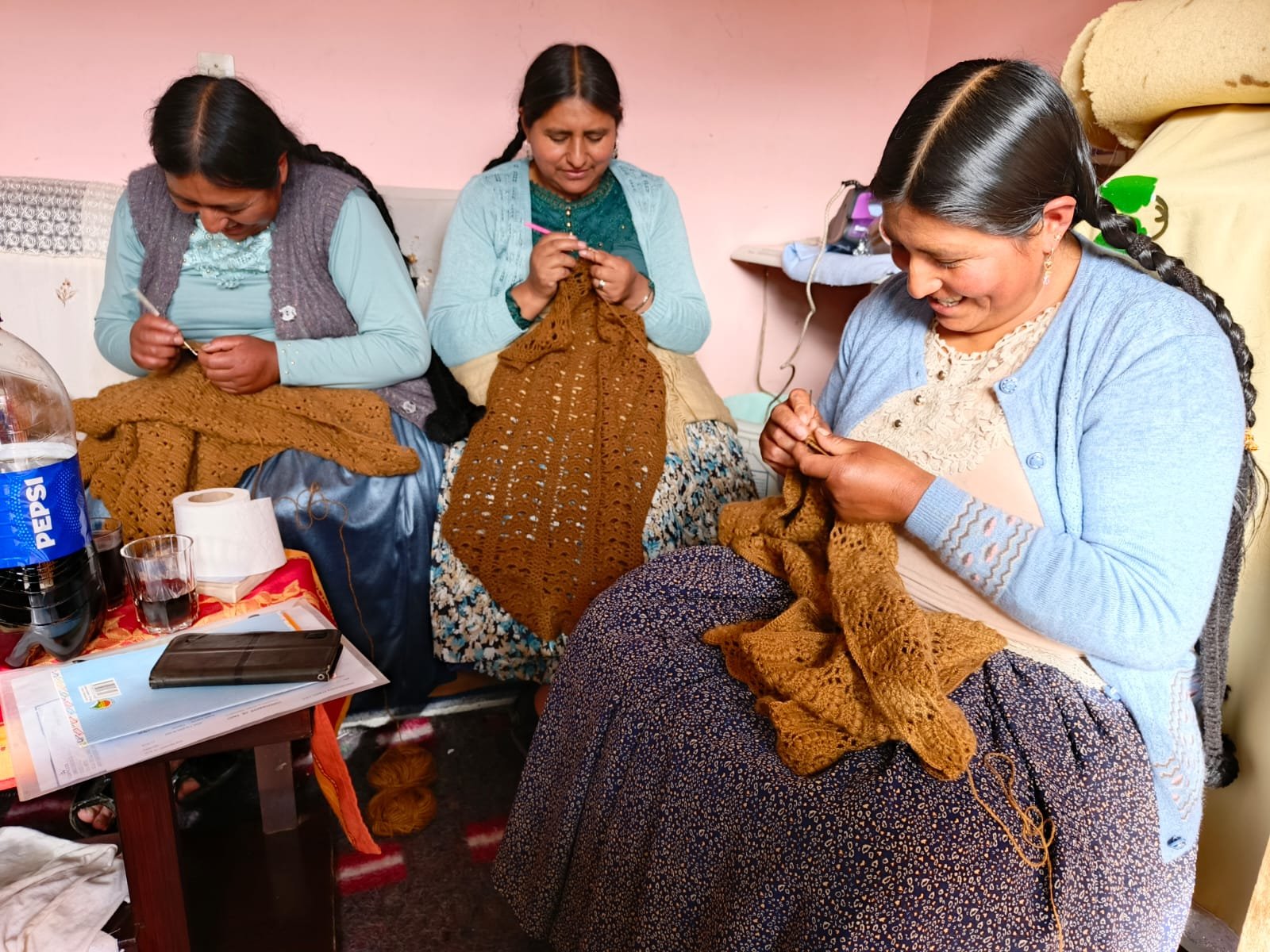
Looking Forward
2025 and onward.
What embodied characteristics are associated with mature spirituality, character, and virtue? Our work over the past several years has found that several characteristics associated with Christian spirituality can be meaningfully identified and assessed empirically over time.
However, these findings lead to another set of crucial questions:
To what degree can North American understandings and embodiments of character, virtue, and spirituality be generalized to cultural contexts outside North America? And relatedly,
How can a more global, multicultural perspective on character, virtue, and spirituality enrich current understandings of these topics (including those in North America)?
The urgency of this matter is underscored by several considerations. First, much of what we know about spiritual maturity is culturally centered in the West, where Christianity is in decline, which in turn may influence how spirituality is perceived and practiced. In contrast, Christianity is dynamic and growing dramatically in the majority world, which could give rise to differing understandings, characteristics, and embodiments of spirituality that are underrepresented in both the research and resource literature.
Some have also noted potential deficiencies of churches in the West, who may take on a largely business/managerial approach to the leadership of spiritual communities, focusing their energies instead on outcomes related to congregation size, fundraising, and the protection of religious institutions. Altogether, these considerations highlight the timeliness of a systematic exploration into spiritual maturity and character as they are understood and embodied by Christians across the globe.
Over our time conducting this program of research (starting from 2015), our team has expanded and diversified into a global, ecumenical, interdisciplinary group of theologians, social scientists, spiritual directors, and senior seminary leadership who are all deeply invested in the formation of character and spirituality. We are now poised to further expand the scope of our inquiry, engaging new frontiers in the intersection of faith, science, and human flourishing. Accordingly, as we look to the future of this work, the following questions anchor our efforts:
From a global, ecumenical, culturally-decentered, context-sensitive, and science-integrated viewpoint, we would like to explore the following questions within the context of theological schools: How does one define spiritual maturity?
How is spiritual maturity (in its conceptual understanding or real-life embodiment) influenced by individual and contextual differences such as age/life stage, gender, local culture, etc.…?
What observable markers might suggest that an individual possesses authentic character and spiritual maturity as opposed to an inauthentic expression of these qualities in which the individual tries to look mature but is not?
And finally, how can these character and spiritual dispositions be cultivated across diverse contexts among diverse peoples?
Over 20 research and resourcing initiatives spanning five continents and several global and historic traditions (e.g., Anglican, Coptic Orthodox, Ethiopian Orthodox, Evangelical, Mainline Protestant, Indigenous, Pentecostal, Roman Catholic) have set out to explore these questions together.







